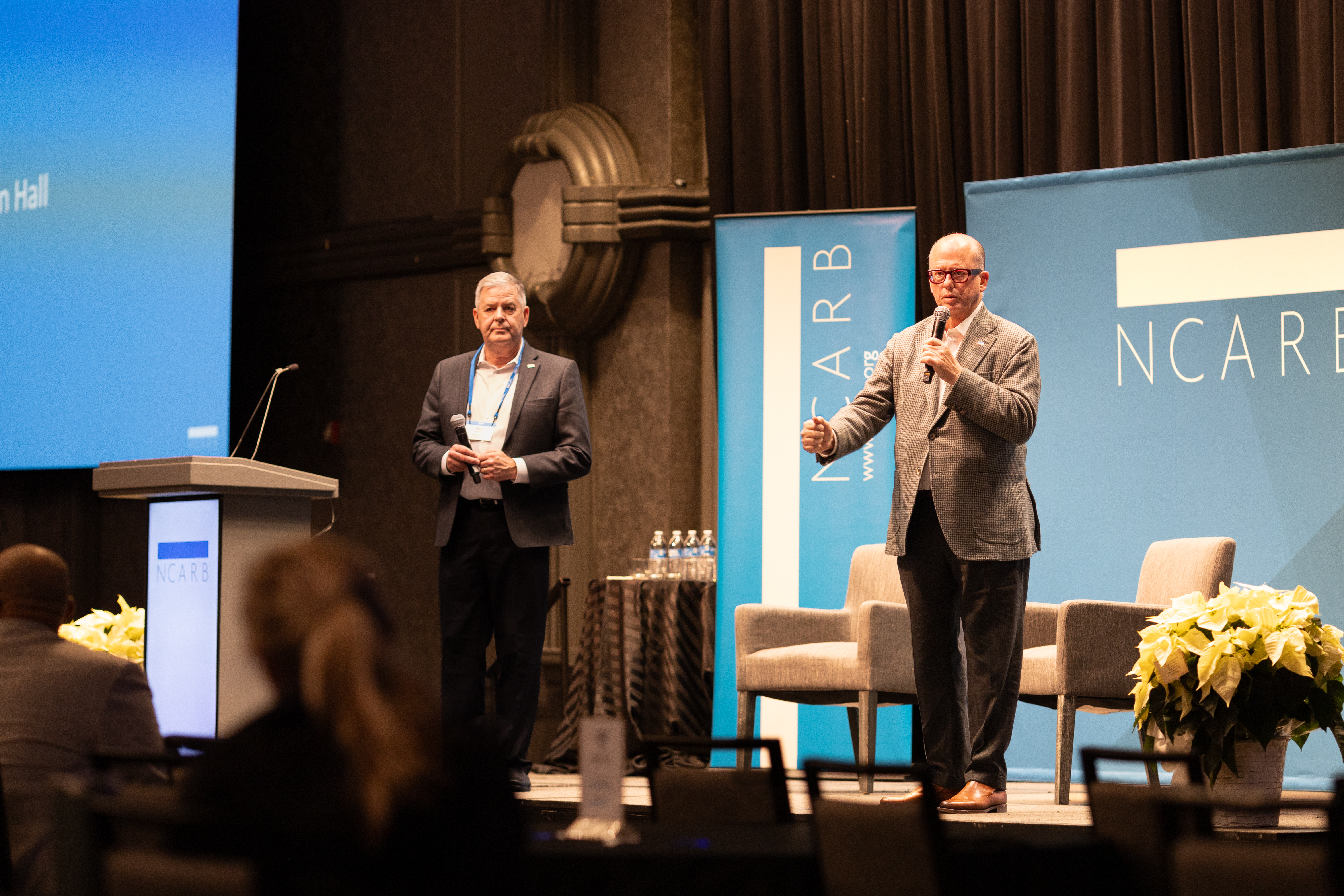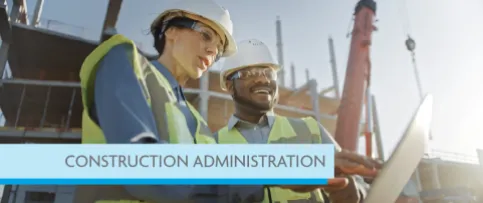NCARB hosted its annual Committee Summit in Washington, DC, from December 13 to 14. During the event, leadership and volunteers gathered to continue conversations exploring the future of architectural practice and the role NCARB has in shaping it through regulation to ensure the health, safety, and welfare of the public.
NCARB’s volunteer committees examine current policies and make recommendations for improvement, allowing the organization to remain responsive and in alignment with current industry practice—shaping the architecture profession and protecting the built environment. Every December, NCARB’s national, regional, and volunteer leadership gather to engage, share insights, and make progress on their charges, which are essential for developing the next iteration of NCARB’s programs and services.

During this year’s Committee Summit, volunteers, partners, and Member Board Members engaged in discussions exploring various topics, including the newly released Competency Standard and its impacts on existing programs over the next years. In various workshop sessions, leadership explored the next steps for the Competency Standard and opportunities to establish more accessible, flexible pathways to licensure.

Also, in workshop sessions, committee members had the opportunity to engage and collaborate with the Board of Directors and regional chairs in separate sessions developed to help each group work together to advance NCARB's mission. This collaboration and feedback are essential as NCARB's members and volunteers work to shape the future of licensure.

Attendees also had the opportunity to provide feedback on updates to potential draft licensure models shared by the Licensure Process Research and Development Task Force as NCARB continues to explore multiple pathways to practice. These efforts will guide the ongoing development of forecasts of possible outcomes and inform strategic conversations across the Council.



